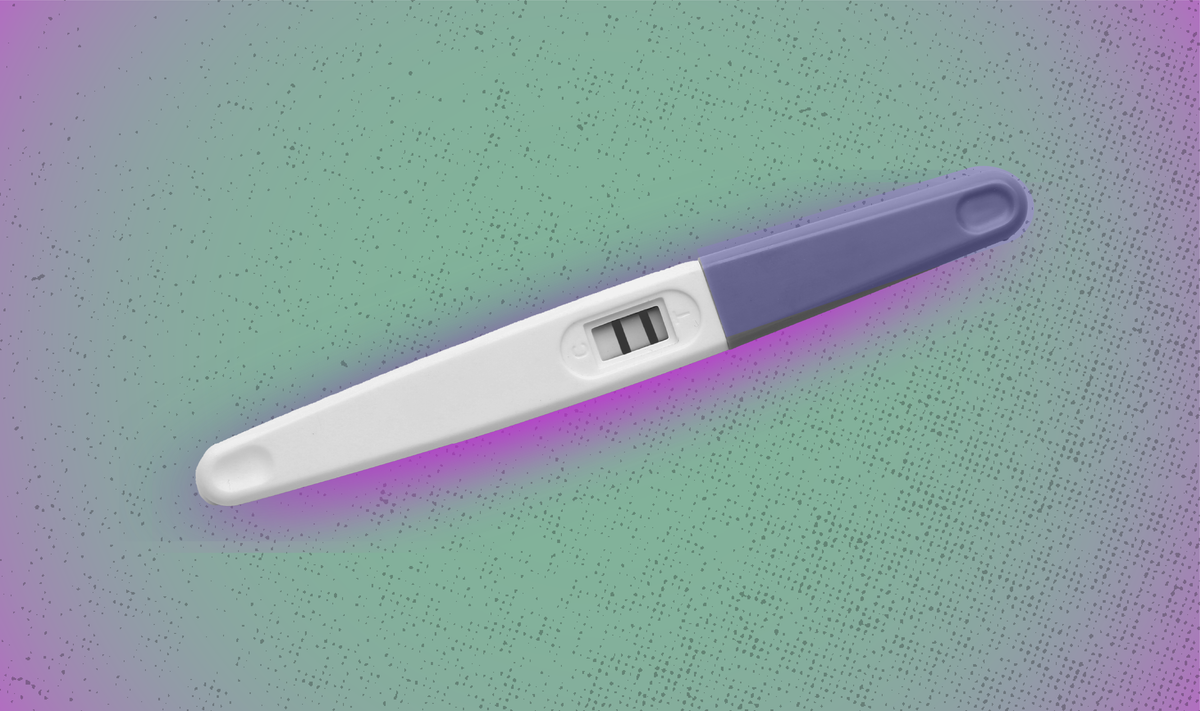Nebraska case renews false claims equating abortion with infanticide
Plus, posts falsely claimed that medication abortion is unsafe and expressed alarm at rising maternal mortality rates.

Plus, posts falsely claimed that medication abortion is unsafe and expressed alarm at rising maternal mortality rates.
After a Nebraska teen was sentenced to prison late last month for killing her newborn infant, some social media users suggested that easier abortion access could have prevented the incident. Others, however, equated abortion with infanticide, with some falsely claiming that infanticide is legal in states that allow abortion. Other posts used a flawed study to falsely claim that medication abortion is unsafe and discussed provisional CDC data showing a slight uptick in maternal mortality rates.
In response, communicators may share information about local abortion laws, reiterate that abortion pills are safe, and recirculate information about how abortion bans impact pregnant people’s health.

Insights brought to you by the reporters and science writers of Public Good News (PGN), a nonprofit newsroom dedicated to improving community health.
What’s trending nationally in conversations about reproductive health:
Late last month, a Nebraska teen was sentenced to 35 to 60 years in prison after pleading no contest to second-degree murder for killing her newborn infant in 2023. According to her lawyer, she had become pregnant at 15 by a 19-year-old, which is considered first-degree sexual assault under Nebraska law, and concealed the pregnancy. At 16, the teen secretly gave birth and killed the infant. Articles and social media posts about the case have sparked ongoing conversation since the sentencing, with most engagement occurring this past week. An X post sharing a New York Post article about the sentencing garnered approximately 30 million views, 4,700 likes, 3,100 reposts, and 1,600 comments as of May 6. While many comments expressed outrage at the teen, some suggested that easier access to abortion—which is banned in Nebraska after 12 weeks of pregnancy, except in cases of rape or incest or when the pregnant person’s life is at risk—could have prevented the incident. Some abortion opponents equated abortion with infanticide, a claim that frequently resurfaces in conversations about abortion, and falsely suggested that infanticide is legal in states that allow abortion.
Several recent articles and social media posts highlighted a new, flawed study falsely claiming that medication abortion is unsafe. The study found that one in 10 patients experience serious complications from the abortion pill mifepristone, contradicting existing FDA data. However, the study was not peer reviewed or published in a medical journal, and experts say that it has serious methodological flaws. One X post with approximately 275,000 views as of May 6 cited the paper to allege, “Serious complications from abortion pill are 22x higher than FDA reports.” Commenters falsely claimed that abortion pills are unsafe and cause infertility.
On April 30, articles and social media posts discussed provisional CDC data showing that the U.S. maternal mortality rate rose slightly in 2024, reversing a two-year decline. Experts attribute the change to abortion bans, which have been shown to delay lifesaving care for people experiencing a miscarriage, plus the closure of rural hospitals. Comments on social media posts sharing articles about the data expressed alarm at the trend, and many suggested that maternal mortality rates could continue to rise.

Recommendations brought to you by the health communication experts behind Infodemiology.com.
Recommendations for public health professionals
Each week, the Infodemiology.com team will provide messaging recommendations in response to some of the trending narratives outlined above. These helpful tips can be used when creating content, updating web and FAQ pages, and developing strategy for messaging about reproductive health.
False claims about abortion laws legalizing infanticide resurface intermittently in conversations, showing a need for further education about abortions later in pregnancy. While social media users did not use terms like “late-term abortion” or “post-birth abortion” in these conversations, communicators should be aware that these terms, which are not medically recognized, are frequently used by abortion opponents to refer to rare procedures that happen closer to the point when a fetus is most likely to survive outside of the uterus. Messaging may explain that abortions at or after 21 weeks represent only 1 percent of abortions in the U.S. and that these abortions typically occur when there are dangerous fetal anomalies present or when the pregnant person’s life is in danger. Communicators may also emphasize that no state has ever passed a law allowing people to kill infants or intentionally let infants die after birth. Updating materials outlining abortion laws in your state is recommended.
False claims about mifepristone provide an opportunity to reiterate that medication abortion is a safe and effective way to end a pregnancy, that it does not affect fertility, and that the risk of major complications is less than 1 percent. Communicators may note that the same medications are also used to manage potentially life-threatening health emergencies, such as miscarriages and postpartum hemorrhage. Sharing how people can access abortion pills in your state is recommended.
Given conversations about how abortion bans impact pregnant people’s health, messaging may emphasize that these bans have been shown to delay lifesaving care for people experiencing a miscarriage. Additionally, as more than 35 percent of U.S. counties are in “maternity care deserts,” communicators may want to share information about the nearest health clinics offering maternity care and other forms of reproductive health care, as well as virtual options. Communicators may also want to share the Repro Legal Helpline, a free resource that connects people with lawyers who can answer questions about miscarriage, abortion, and birth. Most callers who leave a voicemail or fill out an online form will receive a response within two business days. However, those who are being denied lifesaving care—as well as callers who are being questioned by police, arrested, or investigated for an abortion or miscarriage—will receive a response immediately.
